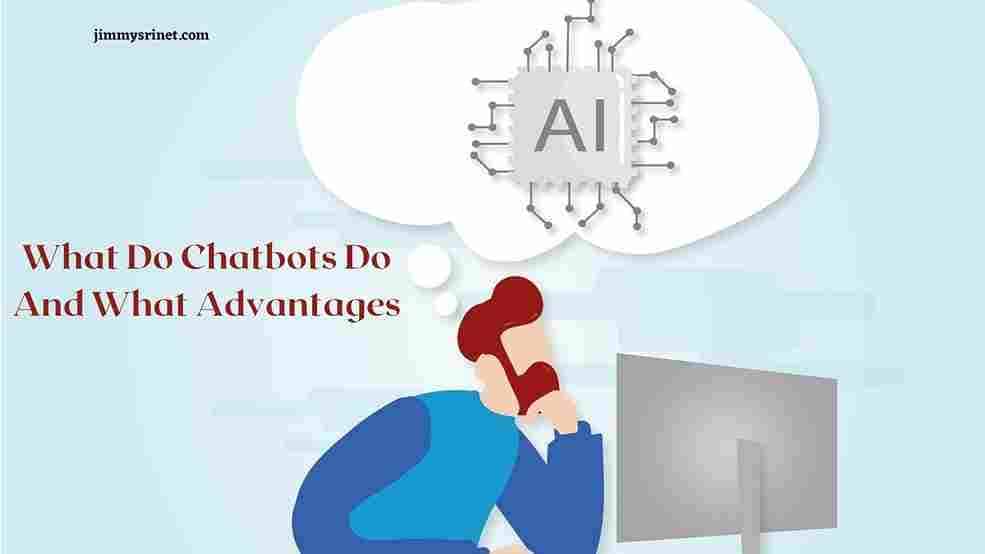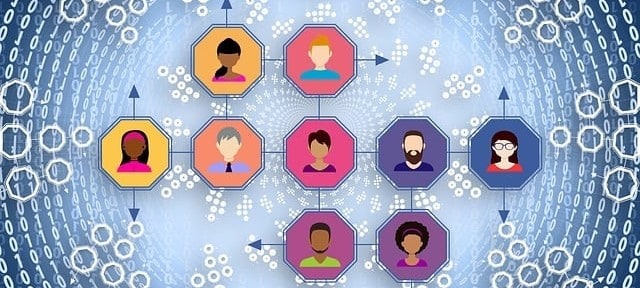A chatbot is a computer program designed to simulate conversation with human users, especially over the Internet.
Chatbots have been around for decades, but advancements in natural language processing (NLP) and machine learning (ML) have made them more sophisticated and able to handle a wider range of tasks.
Today, chatbots are used in a variety of industries and for a variety of purposes, from customer service and support to sales and marketing.
What Does Chatbot Do And What Advantages In 2025
Customer service and support
Chatbots can handle a wide range of inquiries, from answering basic questions about a product or service to resolving complex issues.
For example, a chatbot could be integrated into a company’s website or app to assist customers with account management, billing inquiries, or technical support. The chatbot can quickly retrieve relevant information and provide an answer, allowing the customer to resolve the issue without having to wait on hold for a human representative.
Sales and marketing
Chatbots can be used to provide product recommendations, answer questions about a product or service, and even complete a sale.
For example, a chatbot could be integrated into an e-commerce website to provide personalized product recommendations based on a customer’s browsing and purchase history.
The chatbot can also handle the entire purchasing process, from adding items to a cart to processing the payment.
This allows customers to complete a purchase quickly and easily, without having to navigate through multiple pages on a website.
The healthcare industry provides information and support to the patient
For example, a chatbot could be integrated into a hospital’s website or app to provide information about symptoms, medications, and treatments.
The chatbot could also assist patients in booking appointments, reminding them of upcoming appointments, and answering any questions they may have.
The financial services industry
Chatbots are being used to assist with account management and financial planning.
For example, a chatbot could be integrated into a bank’s app to provide customers with real-time account information, such as account balances and recent transactions.
The chatbot could also provide financial advice and assist customers with managing their finances, such as creating a budget or setting up automatic savings transfers.
The education industry
Chatbots are also being used in education to provide students with personalized learning experiences.
For example, a chatbot could be integrated into a learning management system to provide students with customized lesson plans and learning materials based on their strengths and weaknesses.
The chatbot could also assist students in completing assignments and provide feedback on their progress.
Advantages of chatbots
- One of the key advantages of chatbots is their 24/7 availability. Customers can interact with chatbots at any time, without the need to wait for a human representative to become available.
- Chatbots is the ability to handle a large volume of requests simultaneously. This can be especially valuable for businesses that receive a high volume of customer inquiries, as chatbots can help to triage and prioritize these requests.
- Customer service and support, chatbots are also being used for a wide range of other purposes, such as marketing and sales, financial services, and healthcare. For example, chatbots can be used to assist customers in selecting products, providing personalized recommendations, and even processing payments.
Conclusion
Chatbots are versatile tools that are being used in a wide range of industries and for a variety of purposes.
From customer service and support to sales and marketing, chatbots are helping businesses improve efficiency, save time, and provide a better experience for their customers.
As technology continues to evolve and chatbots become more sophisticated, it is likely that they will become even more integral to the way businesses operate and interact with their customers.







